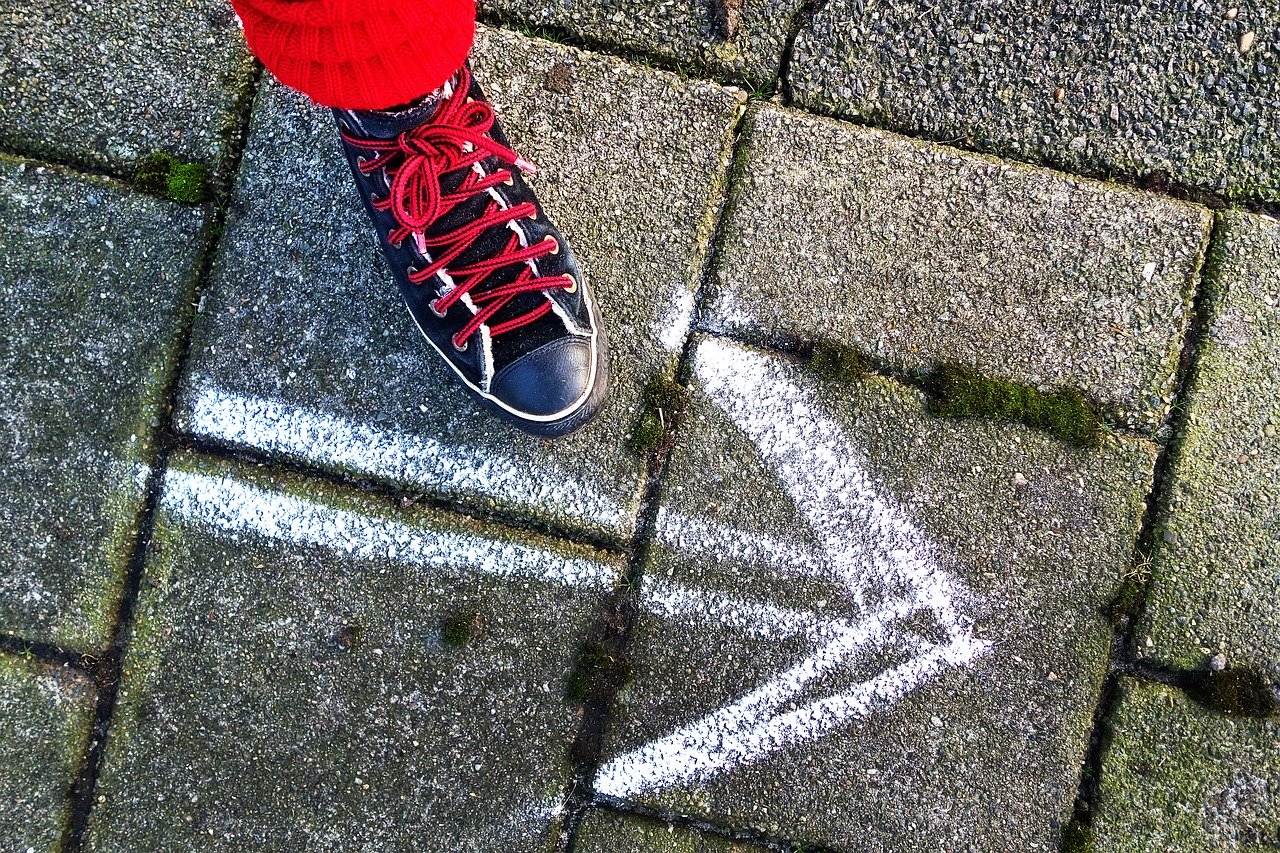Welcome to Part 3 of Flexibility of the Mind webzine series! In Part 1 and Part 2 of this webzine series, we defined psychological flexibility, asked some hard hitting questions about thoughts and feelings, and summarized the “Noticing Self” and ways to stay present. If you need a refresher, keep reading! Take a moment to…
Anxiety and Depression
Embracing Your Winter Arc: A Guide to Seasonal Self-Care
The latest social media trend, the “Winter Arc Challenge,” encourages people to jumpstart their “New Year, New Me” goals as the seasons begin to shift. This challenge emphasizes self-discipline, restoration, and goal-setting through a set of structured guidelines. Though rules vary, popular videos on TikTok often feature routines that include rigid workout schedules, specific dietary…
A Path Forward: Coping With Post-Election Uncertainty
In the wake of this presidential election, many are experiencing a whirlwind of emotions—fear, anger, sadness, and uncertainty about what lies ahead. The stress of navigating these uncertainties can take a toll on both mental and physical health, leaving some feeling drained and on edge. Rather than offering simplistic reassurances or quick fixes, this article…
Healing Through EMDR: Getting Grounded in Shaky Times
After completing part two of my Eye Movement Desensitization and Reprocessing (EMDR) training this past weekend, I left feeling grounded, energized, and — dare I say — hopeful. This felt like a stark contrast to the energy of the weeks and months leading up to it given the anxiety we have collectively been buzzing with.…
Getting Support as a New Father During the Postpartum Period
The postpartum period is a significant life transition, and as such can be incredibly challenging. As many as 1 in 5 women experience a mood or anxiety disorder during pregnancy and/or the first year postpartum (Howard et al., 2014). Additionally, the postpartum period affects the whole family, not just the birthing person. Evidence shows that…
Understanding Social Anxiety: Breaking the Cycle and Finding Solutions
Social anxiety goes beyond just shyness – it’s an overwhelming fear of being judged, criticized, or embarrassed in social situations. For many of us, this anxiety can be debilitating, making it difficult to participate in everyday activities like meeting new people, attending classes, speaking up at work, or even sending messages online. As you might…
Men’s Mental Health: ‘Man Up’ Is Not the Answer
Many men have a complicated relationship with their mental health. Nearly 1 in 10 men experience depression or anxiety (MHA, 2024). Yet a 2022 survey conducted by the National Institute of Mental Health (NIMH) revealed that just 42% of male-identifying respondents were treated for any mental health issue compared to 57% of female-identifying respondents (NIMH,…
5 Tips for Calming Your Election Anxiety
We live in an age where elections are inextricably linked to a sense of impending doom. The deep polarity of American politics, with the heightened “us vs them” mentality, has exacerbated voter anxiety around this upcoming election. In May 2024, the APA reported that 73% of Americans were particularly anxious about this election (American Adults…
Self-Care During the Postpartum Period: Strategies to Minimize the Risk of Postpartum Mood and Anxiety Disorders
The postpartum period is filled with many physical, psychological, and emotional changes. Matrescence is a term that aptly captures this experience. It is defined as the physical, social, hormonal, and identity shifts associated with becoming a mother and is a distinct stage of life (Sacks, 2017). In reflecting on matrescence, Ignacz (2018) states, “Life will…
Expanding Your Window of Tolerance: Understanding the Optimal State for Emotional Well-being and Healthy Relationships
Have you ever experienced a day when a seemingly minor inconvenience suddenly morphs into an unbearable burden? Perhaps you have been consumed by an intense rage that caused you to take out your frustration on a loved one inadvertently. Alternatively, you may have felt emotionally numb and disconnected during a crisis. If any of these…











